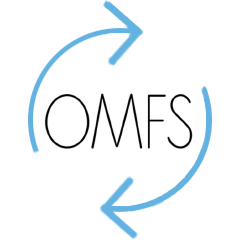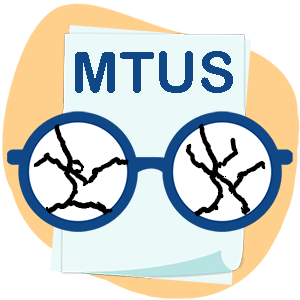Provider Alert: California Prescription Drug Formulary Effective January 2018

Last week, California’s Office of Administrative Law approved the Division of Workers’ Compensation (DWC)’s proposed evidence-based drug formulary. Through the formulary, the DWC aims to contain costs and help combat opioid addiction.
The formulary will take effect on January 1, 2018, just weeks after the announcement. But while its goals are laudable, the approval raises some concerns about the possible drawbacks of the sudden adoption and transition.
The DWC will host informational webinars on the formulary this week, on December 13 and 14.
A DWC Newsline announced the formulary’s formal approval, which acting Director George P. Parrissotto hailed as “...a step forward for California’s injured workers [that] should help address the overuse of high-risk medications such as opioids.” The list of medications, along with guidelines for their application, will be part of California work comp’s Medical Treatment Utilization Schedule (MTUS).
Anyone interested can register for the informational webinars hosted by the DWC Wednesday morning webinar (10 am PST) here, and the Thursday afternoon webinar (2 pm, PST) here.
The New Rules
The formulary fulfills the mandate created by Assembly Bill 1124, which passed in 2015.
Drugs will be classified as either “exempt” or “non-exempt.” Providers will be able to dispense exempt drugs without prospective utilization review (UR), while non-exempt drugs (and all drugs not included in the list) will require UR authorization. Certain exceptions for short-term supplies of non-exempt drugs will apply in some circumstances, such as painkillers at the time of an injury. The regulations also include a phased implementation of the formulary, as well as rules for physician dispensing, use of generic drugs, off-label use, and compound drugs.
The American College of Occupational and Environmental Medicine (ACOEM) created the medical treatment guidelines upon which the MTUS and the new formulary are based. ReedGroup publishes the ACOEM guidelines, and worked with the DWC and ACOEM to create the formulary drug list. ReedGroup will also participate in the upcoming DWC webinars on the new rules.
Going “Cold Turkey?”
The formulary rules apply to all existing and new workers’ comp injuries. Providers have only four months to concoct a method to transition patients away from non-exempted medications.
As of April 1, 2018, providers must have a plan to wean patients off of non-exempt or unlisted drugs, or to produce justification for continuing the drug use. As we pointed out during the public comment period in July, simply cutting injured workers off from an established course of treatment is tricky at best, and harmful at worst.
Without adequate time for providers to adjust and plan for the new rules, complications will undoubtedly ensue. Texas, for example, utilized a two year “ramp-up interval,” complete with petitions and a dispute-resolution process. Without such adequate time to replace opioids with other pain management, injured workers may find themselves abruptly deprived of treatments upon which they rely.
The notion of implementing a drug formulary is so rife with potential complications that the DWC already delayed adoption by six months, from July 1st, 2017, to January 1, 2018. As California Society of Industrial Medicine and Surgery (CSIMS) Director of Government Relations Steve Cattolica put it to WorkCompCentral, the DWC “had it right” when they made the choice to delay.
Since then, the DWC has revised the proposed formulary rules twice, most recently in September. The DWC opted against any additional delay to consider the most recent revisions to the formulary.
So ready or not, here it comes. The formulary rules are effective January 1. We can only hope the potential unintended consequences of this decision won’t outweigh the benefits.
Work comp is always changing, from the adoption of new formularies to changes in the Official Medical Fee Schedule (OMFS). To keep up with it all, arm your practice with dedicated, work comp-specific billing software. Schedule a free demonstration of daisyBill, and see how much we can save your office.
REQUEST DEMO
DaisyBill provides content as an insightful service to its readers and clients. It does not offer legal advice and cannot guarantee the accuracy or suitability of its content for a particular purpose.


.gif)

